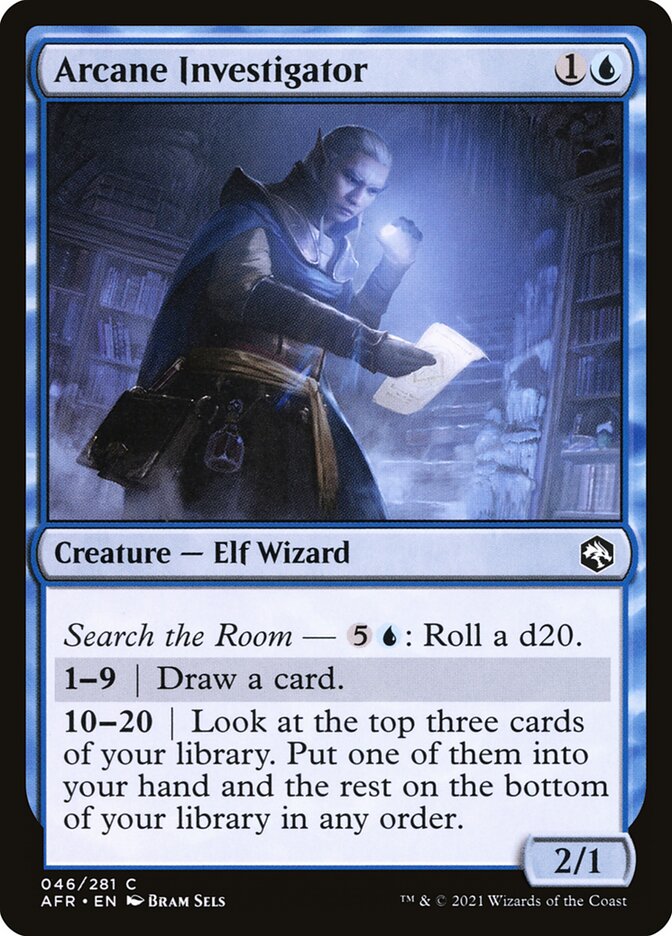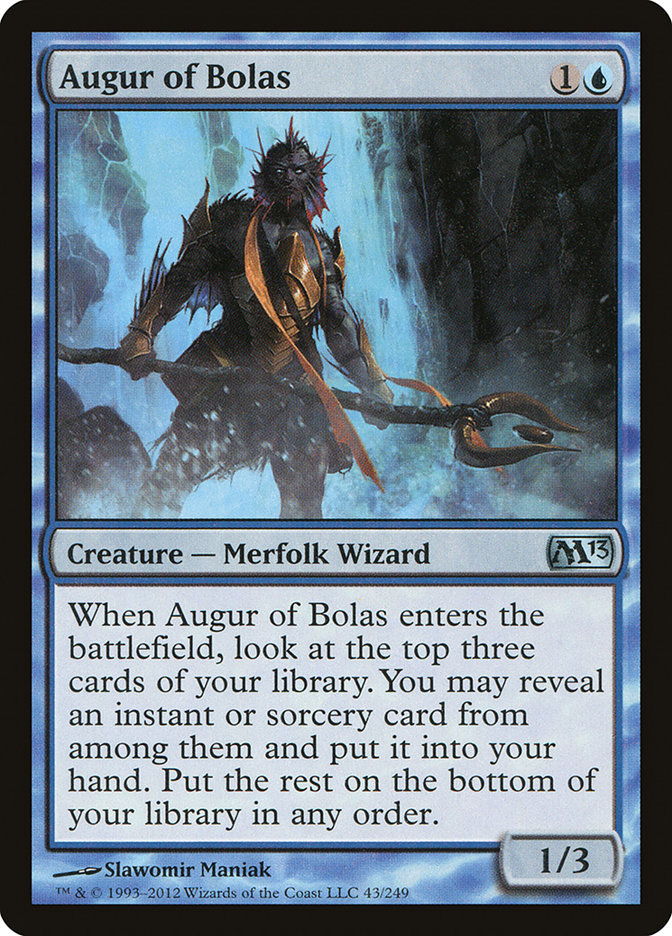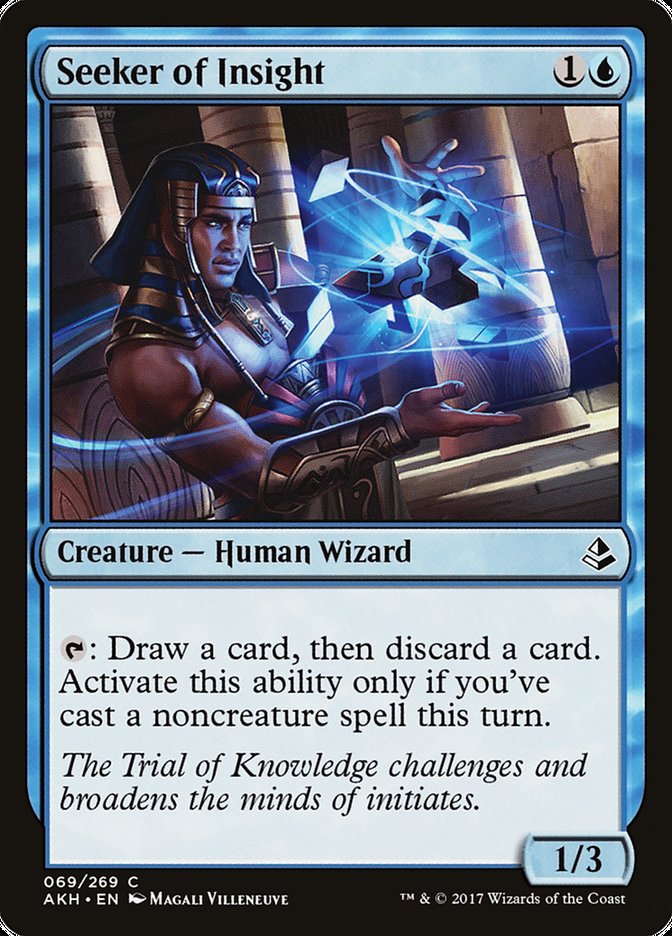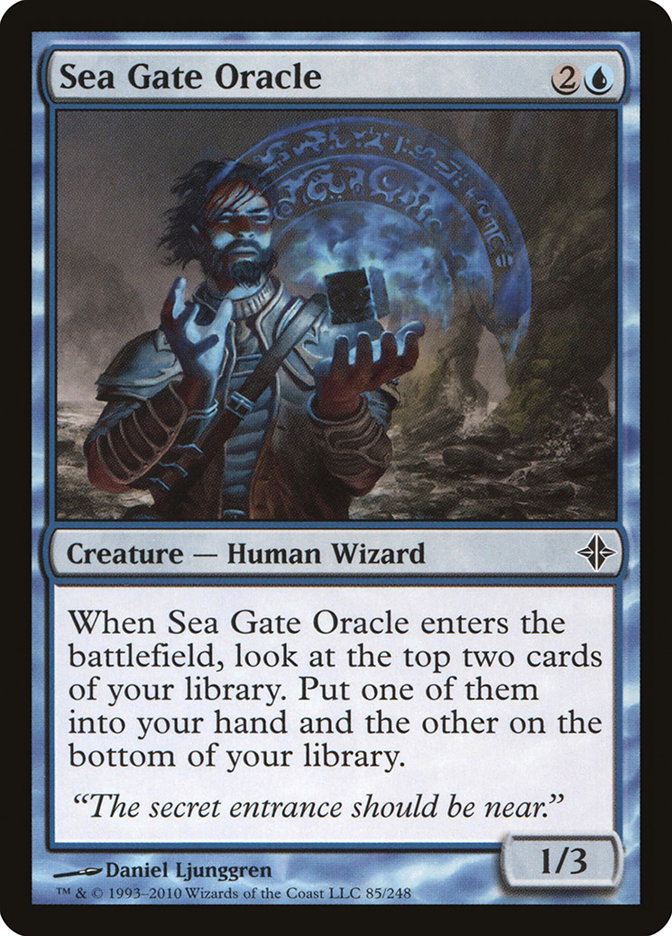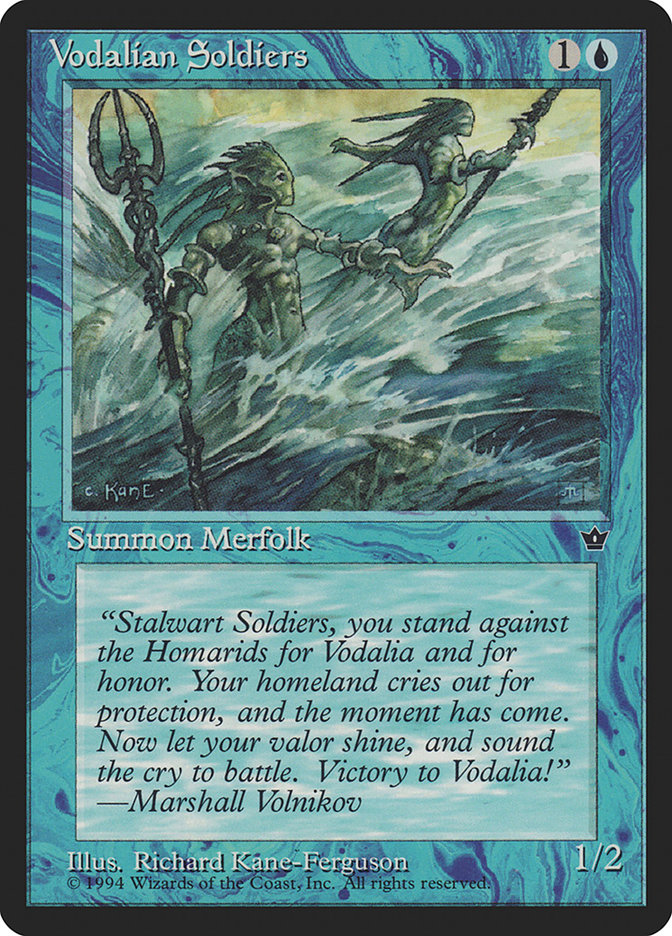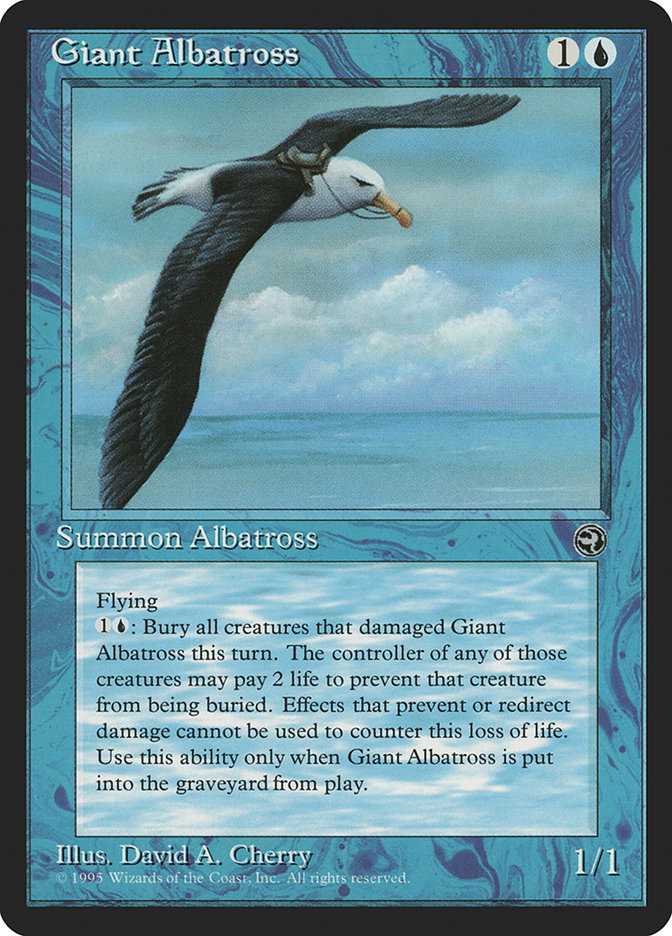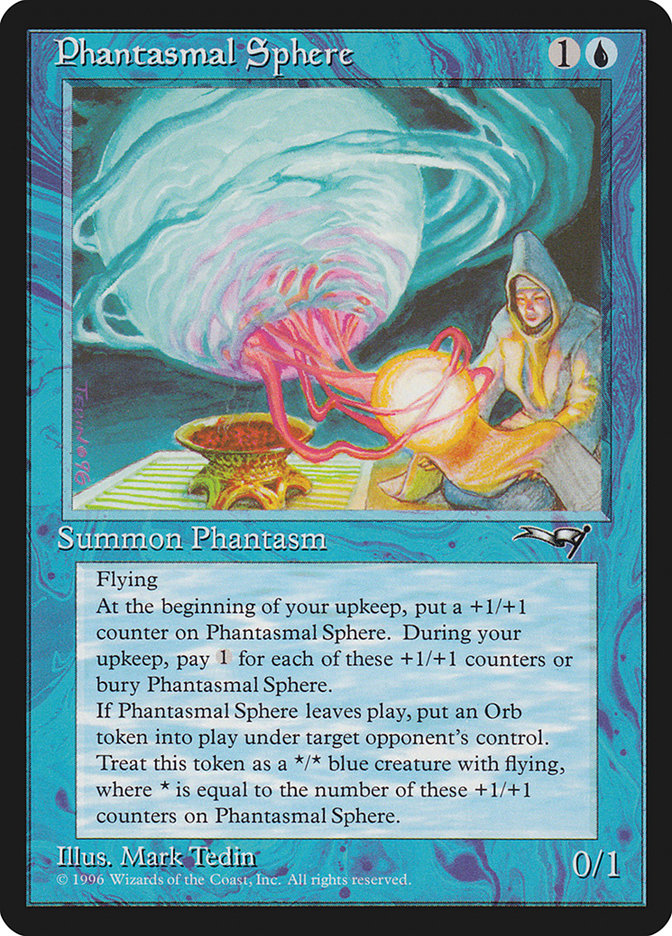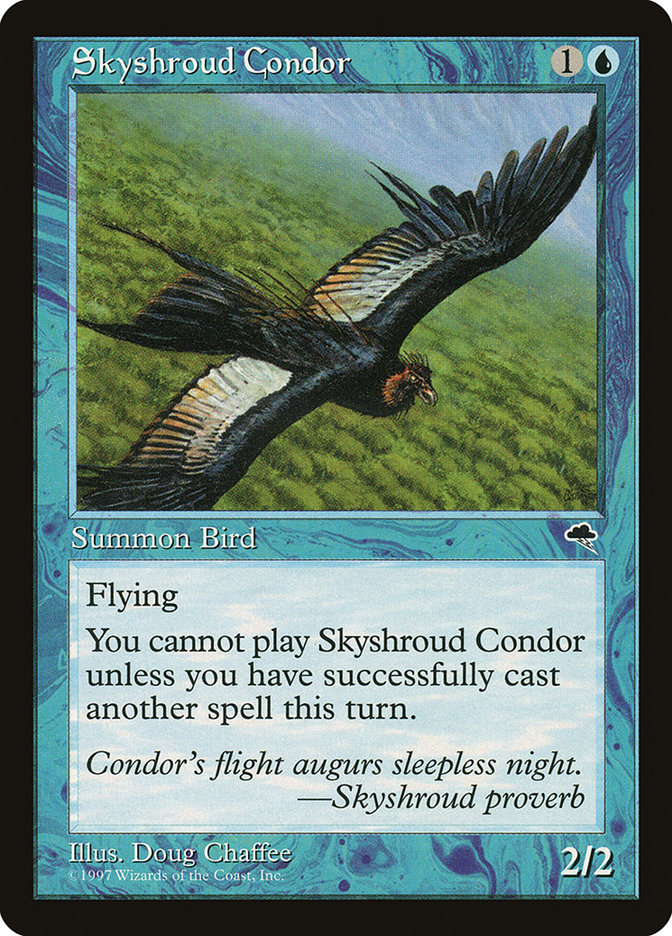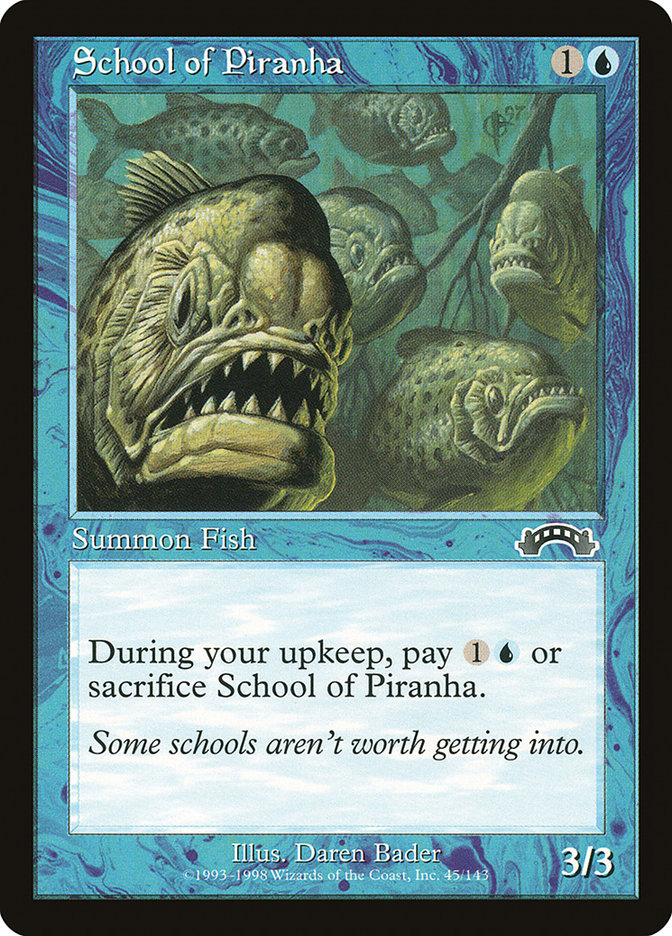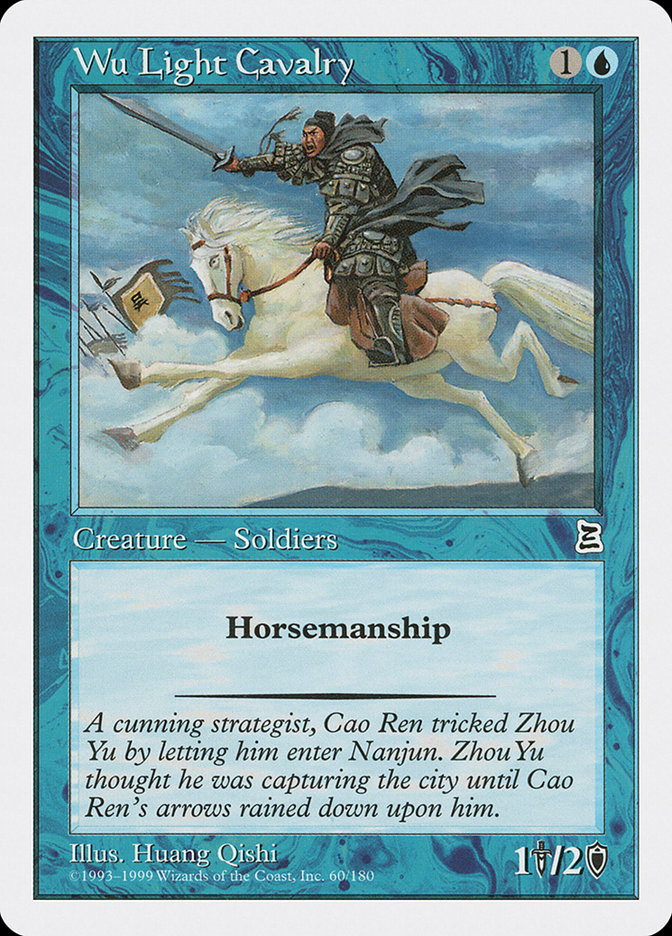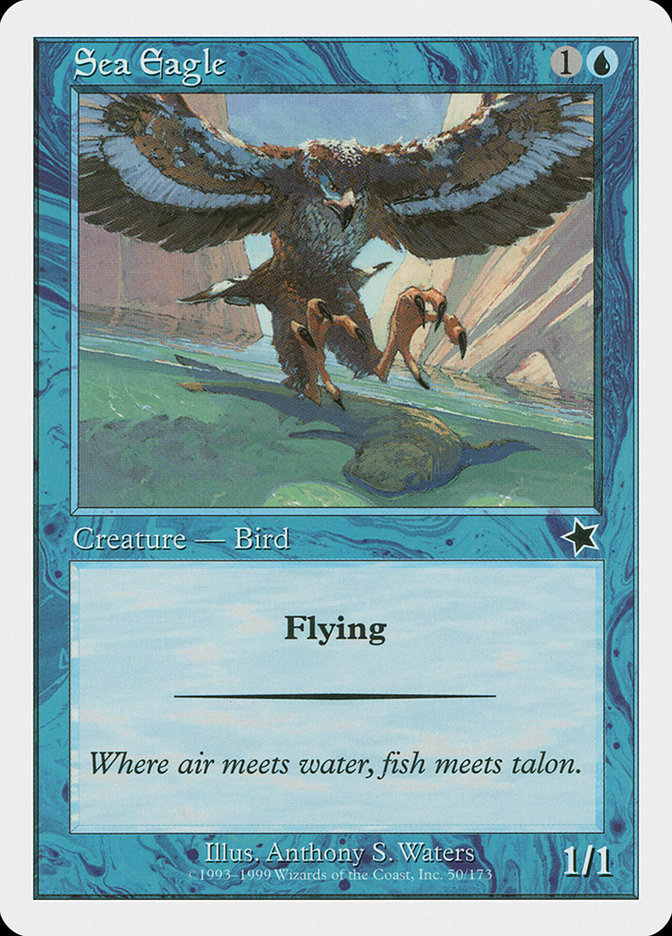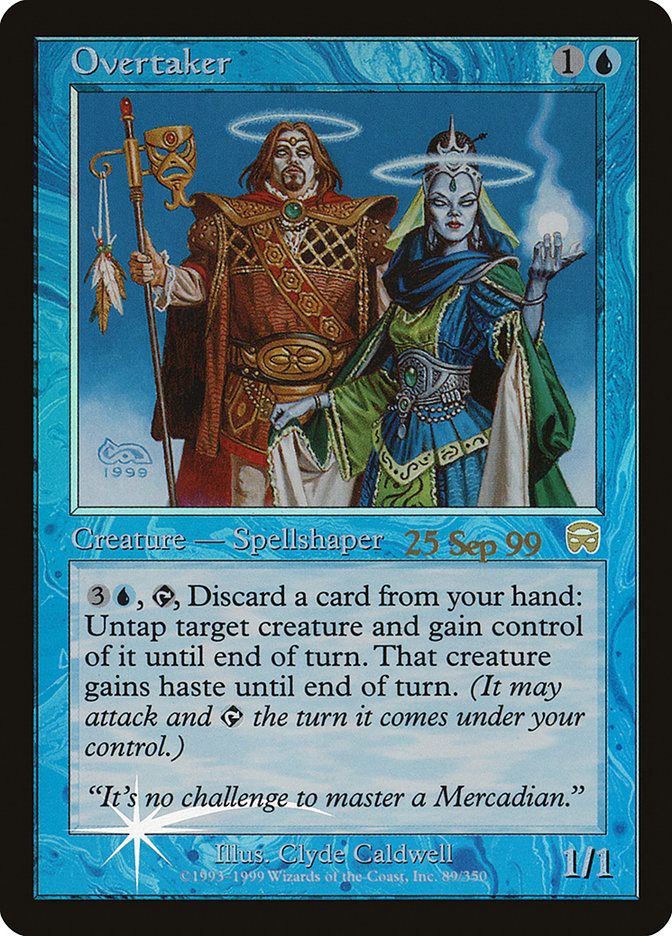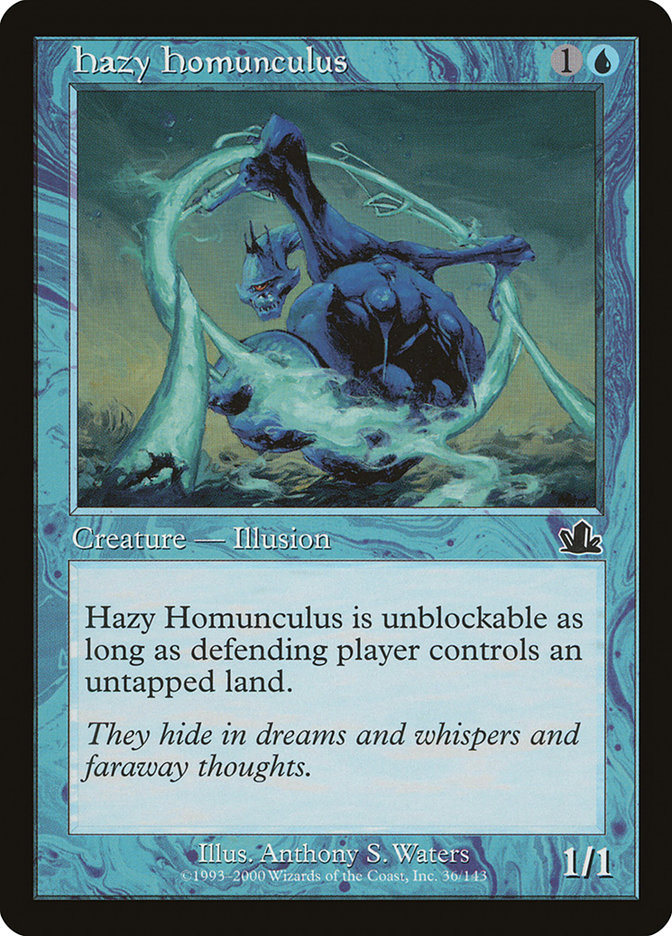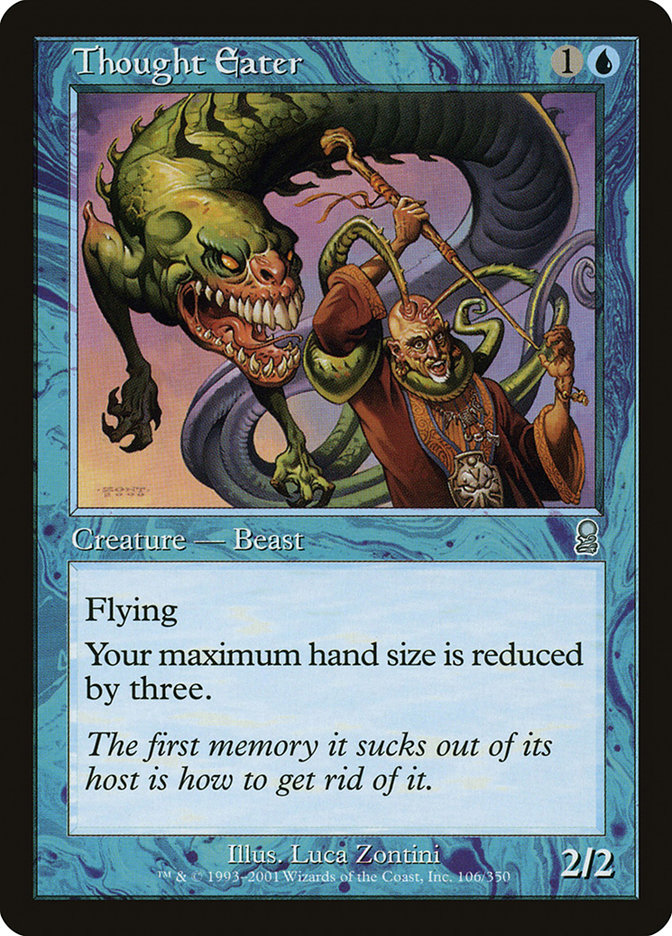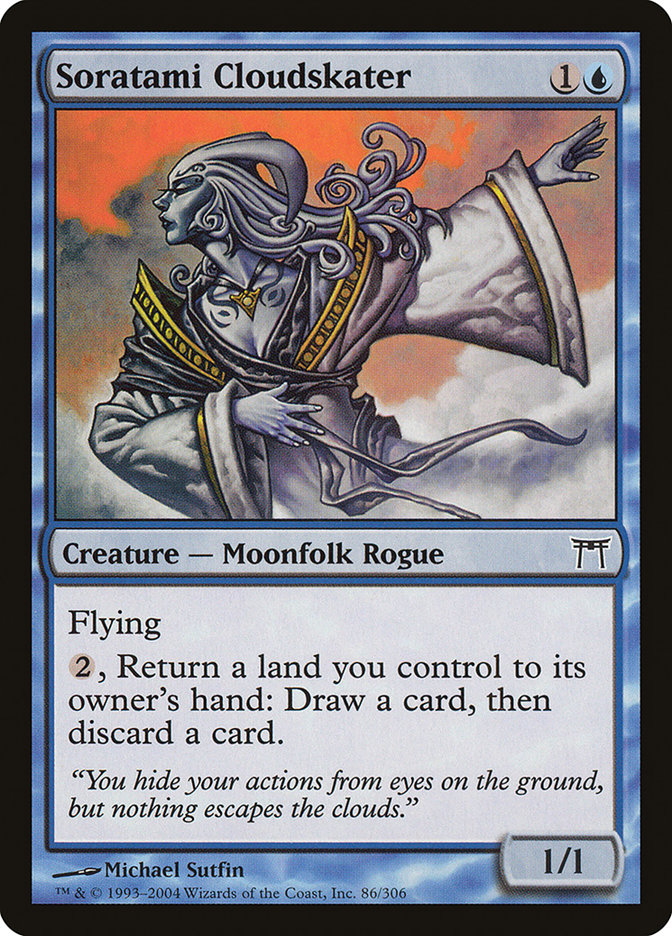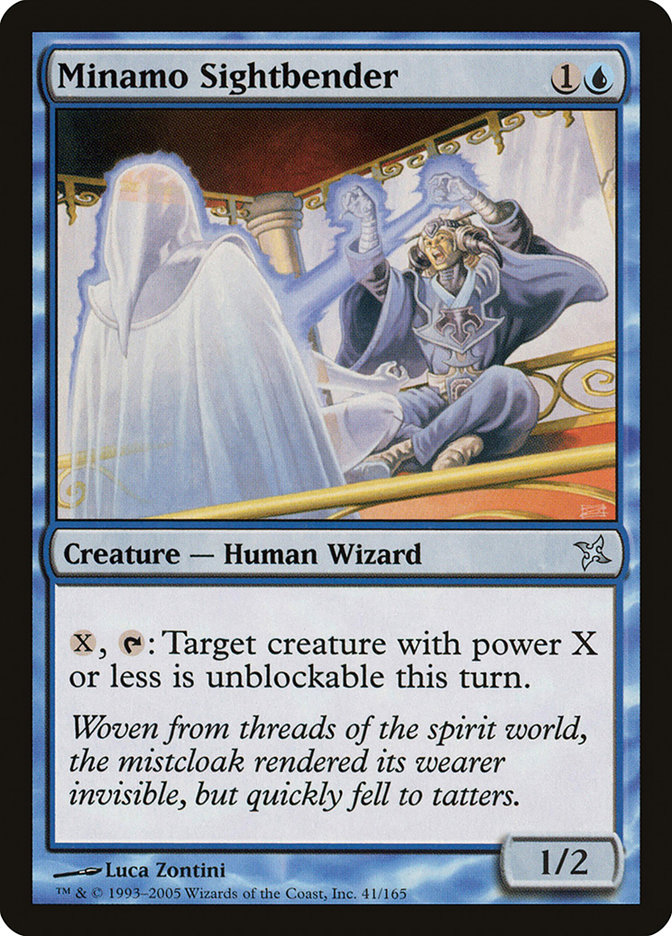Arcane Investigator MTG Card
| Mana cost | |
| Converted mana cost | 2 |
| Rarity | Common |
| Type | Creature — Elf Wizard |
| Released | 2021-07-23 |
| Set symbol | |
| Set name | Adventures in the Forgotten Realms |
| Set code | AFR |
| Power | 2 |
| Toughness | 1 |
| Number | 46 |
| Frame | 2015 |
| Layout | Normal |
| Border | Black |
| Illustred by | Bram Sels |
Text of card
Search the Room — : Roll a d20. 1—9 | Draw a card. 10—20 | Look at the top three cards of your library. Put one of them into your hand and the rest on the bottom of your library in any order.
Cards like Arcane Investigator
Arcane Investigator is an interesting creature card in MTG that finds its place in decks that value incremental advantage. This card draws parallels to Augur of Bolas, both being creatures that facilitate card advantage. The Arcane Investigator, with its {6} mana ability to potentially draw a card, offers a form of late-game card draw. In contrast, Augur of Bolas provides immediate value by digging into your library for an instant or sorcery card once it enters the battlefield.
Additionally, Seeker of Insight is another card that shares similarities with Arcane Investigator. While the Investigator requires significant mana investment for card draw, Seeker of Insight allows for card filtering each turn after you’ve cast a noncreature spell, but without the mana cost. Both cards present different approaches to resource access. Then we have Sea Gate Oracle, which affects the game as soon as it hits the field, offering card selection rather than card draw.
Assessing Arcane Investigator alongside its peers, it becomes evident that it provides sustained value for games that might stretch longer and allows for significant spell casting, making it a subtle yet potent player in the right MTG deck.
Cards similar to Arcane Investigator by color, type and mana cost
Card Pros
Card Advantage: Arcane Investigator shines by offering players the chance to delve deeper into their library. With its ability to scry, this card helps sift through your deck to find the tools you need to outmaneuver opponents.
Resource Acceleration: Furthermore, it grants the flexibility of casting spells with any colored mana, which makes it easier to play pivotal cards ahead of schedule and can provide the edge needed during critical turns.
Instant Speed: The activation of Arcane Investigator’s ability at instant speed enables you to adapt swiftly to the evolving battlefield without committing to a strategy until you see how your opponent’s turn unfolds, which effectively keeps them guessing.
Card Cons
Discard Requirement: Arcane Investigator requires a player to discard a card in order to activate its ability. This requirement can be detrimental in situations where hand size is critical or when the player is short on options.
Specific Mana Cost: This card’s activation cost is confined to blue mana, which may restrict its inclusion to blue-based or multicolored decks, possibly limiting its versatility in a diverse metagame.
Comparatively High Mana Cost: The mana cost to utilize Arcane Investigator’s ability is relatively steep when compared to other card advantage options available in MTG. Players may find that other cards provide similar or better effects for less mana, making this card a less appealing choice in competitive play.
Reasons to Include in Your Collection
Versatility: Arcane Investigator shines in any deck that values card selection and strategic setup. Its ability to look at the top few cards of your library offers flexibility, letting you tailor your draws to the current game state.
Combo Potential: With Arcane Investigator, you have a handy tool for any combo-oriented deck. It doesn’t just seek pieces of your combo; it digs deeper into your deck to secure the spells and actions you need to execute your winning game plan smoothly.
Meta-Relevance: Decks that deal with a meta filled with counterspells and interaction benefit from having extra ways to draw into important spells. Arcane Investigator can be crucial for finding those key cards that help you navigate through disruptive plays and maintain control of the game.
How to beat
Arcane Investigator is one of those cards that rewards players in MTG for having a strong late game. The prowess of this card comes from its ability to generate value over time, making it a potentially irksome hurdle to overcome for any opponent. One key to nullifying its effect is to recognize that it thrives on a full hand of cards to activate its ability, which allows a player to look at the top few cards of their library and put one of them into their hand.
One efficient method to counter Arcane Investigator is through the use of removal spells that can deal with it before it starts chipping away at the game. Cards like Shock or Fatal Push are popular choices for handling such threats early on. Another strategy is hindering your opponent’s hand size to ensure the investigator’s ability becomes harder to activate. Therefore, incorporating discarding mechanisms into your deck could essentially stifle the card’s potential.
Moreover, keeping the pressure with an aggressive playstyle can put your opponent on the back foot, reducing their ability to capitalize on Arcane Investigator’s advantage. In essence, staying proactive and using targeted removal or hand disruption can effectively mitigate the impact of Arcane Investigator in your matches.
Where to buy
If you're looking to purchase Arcane Investigator MTG card by a specific set like Adventures in the Forgotten Realms, there are several reliable options to consider. One of the primary sources is your local game store, where you can often find booster packs, individual cards, and preconstructed decks from current and some past sets. They often offer the added benefit of a community where you can trade with other players.
For a broader inventory, particularly of older sets, online marketplaces like TCGPlayer, Card Kingdom and Card Market offer extensive selections and allow you to search for cards from specific sets. Larger e-commerce platforms like eBay and Amazon also have listings from various sellers, which can be a good place to look for sealed product and rare finds.
Additionally, Magic’s official site often has a store locator and retailer lists for finding Wizards of the Coast licensed products. Remember to check for authenticity and the condition of the cards when purchasing, especially from individual sellers on larger marketplaces.
Below is a list of some store websites where you can buy the Arcane Investigator and other MTG cards:
 BUY NOW
BUY NOW BurnMana is an official partner of TCGPlayer
- eBay
- Card Kingdom
- Card Market
- Star City Games
- CoolStuffInc
- MTG Mint Card
- Hareruya
- Troll and Toad
- ABU Games
- Card Hoarder Magic Online
- MTGO Traders Magic Online
See MTG Products
Legalities
Magic the Gathering formats where Arcane Investigator has restrictions
| Format | Legality |
|---|---|
| Historicbrawl | Legal |
| Historic | Legal |
| Legacy | Legal |
| Paupercommander | Legal |
| Oathbreaker | Legal |
| Gladiator | Legal |
| Pioneer | Legal |
| Commander | Legal |
| Modern | Legal |
| Pauper | Legal |
| Vintage | Legal |
| Duel | Legal |
| Explorer | Legal |
| Timeless | Legal |
Rules and information
The reference guide for Magic: The Gathering Arcane Investigator card rulings provides official rulings, any errata issued, as well as a record of all the functional modifications that have occurred.
| Date | Text |
|---|---|
| 2021-07-23 | An ability that tells you to roll a die will also specify what to do with the result of that roll. Most often, this is in the form of a “results table” in the card text. |
| 2021-07-23 | An effect that says “choose a target, then roll a d20” or similar still uses the normal process of putting an ability on the stack and resolving it. Choosing targets is part of putting the ability on the stack and rolling the d20 happens later, as the ability resolves. |
| 2021-07-23 | Dice are identified by the number of faces each one has. For example, a d20 is a twenty-sided die. |
| 2021-07-23 | Dice used must have equally likely outcomes and the roll must be fair. Although physical dice are recommended, digital substitutes are allowed, provided they have the same number of equally likely outcomes as specified in the original roll instruction. |
| 2021-07-23 | Some abilities, like that of Pixie Guide and Barbarian Class, replace rolling a die with rolling extra dice and ignoring the lowest roll. The ignored rolls are not considered for the effect that instructed you to roll a die, and do not cause abilities to trigger. For all intents and purposes, once you determine which dice count, any extra dice were never rolled. |
| 2021-07-23 | Some effects instruct you to roll again. This uses the same number and type of dice as the original roll, and that roll will use the same set of possible outcomes. |
| 2021-07-23 | Some effects may modify the result of a die roll. This may be part of the instruction to roll a die or it may come from other cards. Anything that references the “result” of a die roll is looking for the result after these modifications. Anything that is looking for the “natural result” is looking for the number shown on the face of the die before these modifications. |
| 2021-07-23 | The instruction to roll a die and the effect that occurs because of the result are all part of the same ability. Players do not get the chance to respond to the ability after knowing the result of the roll. |
| 2021-07-23 | Tournament events have more specific rules regarding dice and die-rolling. For more information, please see the most recent version of the Magic Tournament Rules at https://wpn.wizards.com/en/document/magic-gathering-tournament-rules. |
| 2021-07-23 | While playing Planechase, rolling the planar die will cause any ability that triggers whenever a player rolls one or more dice to trigger. However, any effect that refers to a numerical result will ignore the rolling of the planar die. |
